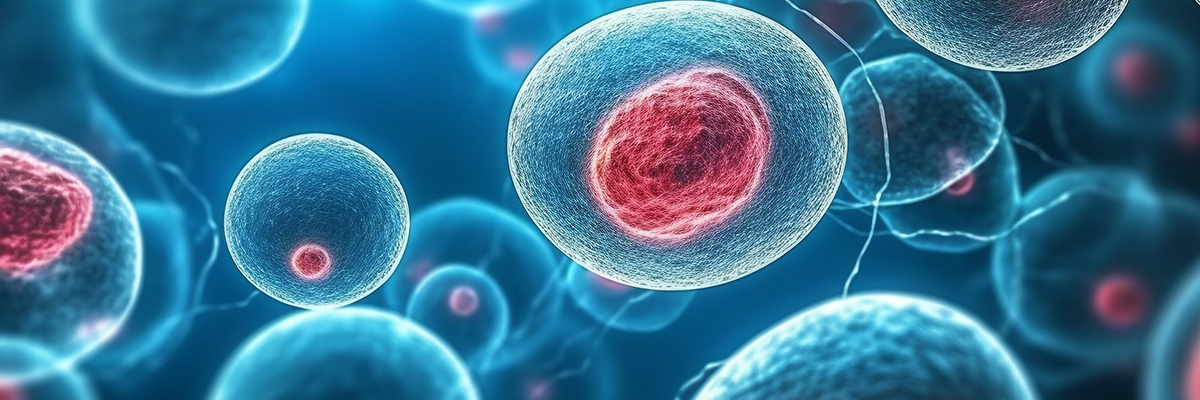With the continuous development of technology, stem cell research has become one of the most cutting-edge topics in the field of biomedical science today. As a pioneer in leading the future medical revolution, stem cell technology has shown enormous potential and prospects, providing new solutions for disease treatment, tissue and organ regeneration, and other aspects. This article will provide you with an in-depth analysis of the current status, challenges, and future developments in stem cell research, in order to better understand the latest developments in this field.
1、Current status of stem cell research
Stem cell research mainly focuses on two main areas: embryonic stem cells and adult stem cells. Embryonic stem cells have developmental pluripotency and can differentiate into any tissue or organ in the human body. On the other hand, adult stem cells exist in certain specific tissues of the human body and have the ability to repair and regenerate. In recent years, with the continuous breakthroughs in technology, stem cell research has made significant progress in multiple directions.
Basic research: Scientists have revealed the basic laws of stem cell differentiation through in-depth research on the development process of stem cells. Meanwhile, with the help of gene editing technology, precise regulation of stem cell fate has been achieved, providing strong support for disease treatment and tissue and organ regeneration. In addition, by studying the reprogramming process and regulatory mechanisms of somatic cell lineages, scientists have successfully induced adult cells into pluripotent stem cells, further expanding the application scope of stem cell resources.
Clinical application: In terms of clinical application, stem cell transplantation has become an effective means of treating certain refractory diseases. For example, hematopoietic stem cell transplantation has been widely used in the treatment of hematological diseases; Mesenchymal stem cell transplantation has shown good therapeutic effects in the treatment of degenerative diseases, autoimmune diseases, and other areas. In addition, stem cell therapy has shown great potential for application in fields such as ophthalmology and neurodegenerative diseases.

2、Challenges and Prospects
Despite significant achievements in stem cell research, there are still many challenges to face. Firstly, ethical issues are inevitable in stem cell research. The acquisition and use of embryonic stem cells involve ethical and moral considerations, and balancing technological development with ethical and moral considerations has become a research challenge. In addition, the acquisition and differentiation control of adult stem cells are also one of the difficulties in current research. Secondly, the standardization and normalization of stem cell therapy still need to be strengthened. There are certain difficulties in the comparability of research methods and data between different laboratories, and it is necessary to establish unified standardized operating procedures and technical indicators. In addition, how to improve the efficiency and safety of stem cell therapy is also a focus of current research.
However, despite facing challenges, the prospects for stem cell research remain vast. Firstly, with the continuous advancement of technology, scientists are expected to find safer and more effective ways to induce pluripotent stem cells, thereby bypassing ethical issues and providing more options for disease treatment. Secondly, with the deepening of research, people's understanding of stem cells will become more comprehensive, and it is expected to discover more types of stem cells with therapeutic potential. Finally, with policy support and financial investment, the clinical transformation of stem cell research will be more rapid, and it is expected to play an important role in fields such as regenerative medicine and precision medicine.
In short, stem cell research, as a pioneer leading the future medical revolution, is gradually changing our understanding of life sciences. Although there are still ethical and technical challenges, with the emergence of the Beacon single-cell photoconductive system equipment from Redbert (Beijing) Biotechnology Co., Ltd., you can save a lot of time and greatly reduce production costs. The Beacon single-cell photoconductive system can intervene when the cell diversity and survival rate are ideal after transfection, making it easy to screen thousands of cells and select high expression cell lines, This greatly reduces the subsequent production costs. We believe that these challenges will eventually be resolved. In the future, stem cell technology will play an important role in disease treatment, tissue and organ regeneration, and make significant contributions to human health. Let's look forward to this exciting medical revolution together!
* The above content is collected online for reference only. If the article on this website involves copyright or other issues, please contact us in a timely manner and we will handle it as soon as possible!